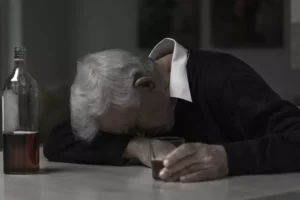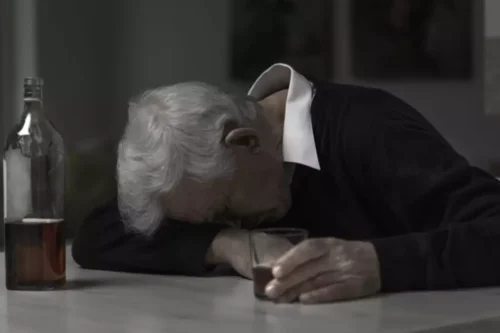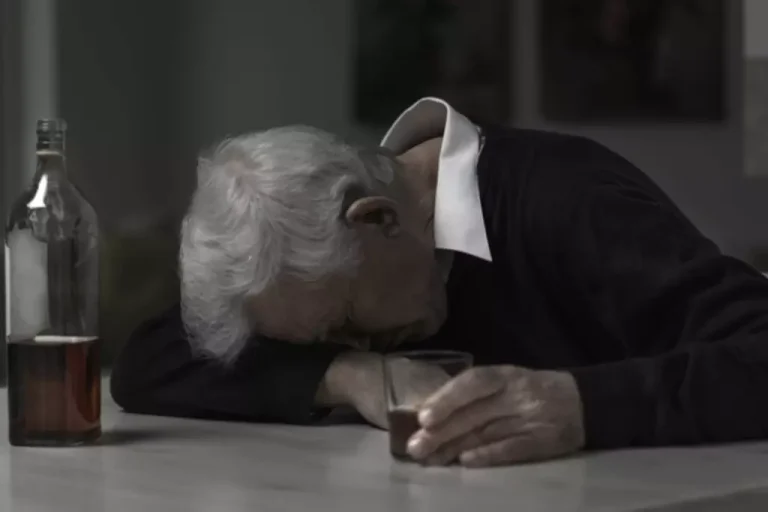
At Quest2Recovery, our editorial team includes a Health Care Practitioner, Therapist, Program Manager, SUD Counselors, and a Wellness Coach. With extensive experience in treating substance use disorders and co-occurring mental health conditions, we are dedicated to providing comprehensive, expert-driven care. Gratitude is not just about saying thank you, it is much more than Halfway house that. Practicing gratitude has been found to increase self-esteem, boost resilience, and enhance overall well-being. In studies where participants wrote letters of thanks to people who had positively impacted their lives, they reported feeling happier for up to a month after completing this task.
- As the addiction progresses, substance abusers find themselves losing many of the things they valued in their lives, such as relationships, jobs and even homes.
- It suddenly becomes clear that you owe so much to so many other people who gave of themselves when they didn’t have to.
- Buckle up and get ready to discover how a thankful mindset can transform your journey towards long-lasting recovery.
- Incorporating gratitude into daily life can help in shifting one’s perspective toward recognizing the positivity that exists, further aiding in emotional recovery.
How to Manage Feelings of Anxiety in Social Situations
- Individuals often report less anger and hostility, contributing to a healthier, more positive outlook on life, which is crucial for long-term success in recovery.
- Gratitude is not just about saying thank you, it is much more than that.
- When you hear their perspective, when you see where they look for meaning, your mind will respond in kind.
- In most cases, people deal with things you cannot see, so you should focus on your own struggles and triumphs.
Furthermore, engaging in gratitude practices—such as maintaining a gratitude journal—allows individuals to reflect on their achievements and blessings. This reflection can reinforce a sense of progress and motivate continued personal growth. However, practicing self-compassion allows individuals to respond to these challenges with understanding rather than self-criticism. By embracing the idea that mistakes are part of the learning journey, individuals can develop patience with themselves, reducing the pressure they feel to achieve perfection. This multifaceted approach not only addresses emotional regulation but also empowers individuals to embrace their recovery stories.
Exploring the Scope of Drug Abuse, Addiction and Treatment

Whether it’s with loved ones, family members, friends, or even co-workers, recovery can give you the option to rebuild, and strength your relationships in life. Many people recovering from drug or alcohol addiction have little sense of self-worth. Even if drugs or alcohol still tempt you, you missed your group session or you yelled at a dear friend — don’t beat yourself up.

The Role of Cognitive-Behavioral Therapy in Cocaine Detox and Recovery
Are you looking for more ideas for how to stay committed to sobriety? Many parents find that taking a negative approach to regulating their kids’ gaming and internet use is likely to backfire. It helps to why is gratitude important in recovery arm your kid with strategies to help them avoid the pitfalls of excessive gaming and strengthen them…
- But what happens for most is when we start to think those judgmental and negative thoughts, we think of more things about the person or situation we don’t like.
- Even so, when you’re in recovery, you can’t help but feel grateful for the new life you’re living.
- While acknowledging mistakes and making amends is vital for long-term recovery, learning to love yourself is, too.
- Lastly, gratitude can increase a sense of connection with others and with ourselves, which makes commitments to sobriety easier in the long run.
- We’ll explore how practicing gratitude can help us overcome negative thinking patterns and view our situation with hope and positivity.
- Journaling is a vital component of counseling as it promotes the expression and processing of thoughts and emotions linked to personal experiences.
- Gratitude plays a vital role in fostering social connections during the recovery process.
It’s a powerful tool that can reshape perspectives, rebuild relationships, and reignite the spark of life that addiction once threatened to extinguish. As we delve into this topic, we’ll explore how something as seemingly simple as appreciation can become a cornerstone of lasting recovery. Researchers find that gratitude is especially important for individuals in SUD recovery with the goal of being abstinent. Establishing a regular gratitude practice can serve as a cornerstone for recovery. Individuals can begin by setting aside a few minutes each day to reflect on the positive aspects of their lives.

Addressing mental health challenges can greatly enhance one’s self-image, fostering a more positive outlook. This transformation allows individuals to engage more actively in their recovery process, leading to healthier and more fulfilling lives. By reframing their view of self-worth, individuals lay a strong foundation for sustainable recovery.
Rebuilding identity and re-engaging with life

This practice nurtures qualities such as patience, kindness, and presence, which are vital for overcoming the challenges of recovery. Practicing gratitude can significantly reduce relapse risks and enhance happiness in sobriety by fostering a positive mindset that focuses on victories rather than challenges. Research indicates that maintaining a gratitude journal can lower stress and improve mental well-being, both of which are crucial for those in recovery. Additionally, gratitude encourages the production of dopamine, a neurotransmitter that promotes feelings of satisfaction and reinforces a commitment to long-term recovery.
